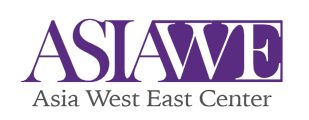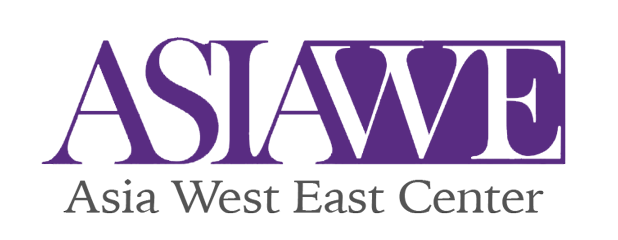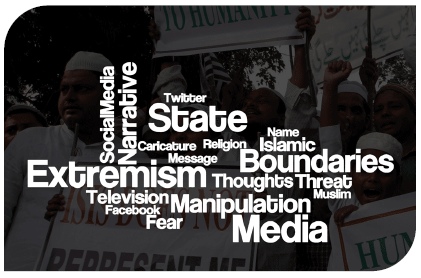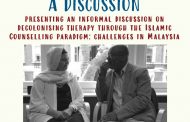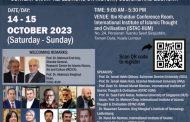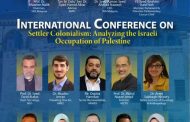In today’s world media represent a powerful and influential tool for spreading information and forming public opinion. Studies of the media sphere, including news and analysis, as well social networks, became an independent research field.
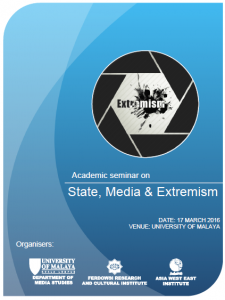
According to the statistics, Malaysians access the Internet for about 5 hours daily, where 3 of them are spent on surfing social networks. Out of the 30 million population of Malaysia, 19,2 million people are Internet users and 15,6 million of them are Facebook members.
Based on recent research, on average Malaysian Facebook user has 200 contacts in his friend list. According to the research conducted by the Pew Research Center, out of 10 Muslim majority countries in Southeast Asia out of 18 million Malaysian Muslims 67% are against ISIS, 12% are supportive and a remarkable 21% were hesitant to give an answer. Another interesting finding of this research is that 6% of Malaysian Buddhists also expressed support for ISIS activities.
Considering the sociopolitical realities of Malaysia, the rising wave of extremism in the region, and the statistics brought above, media turn to be an important tool of enlightening the nation and spreading the positive narrative. Media have always been the voice of public conscience, especially during times of crisis, and there is an expectation that they would play a significant role in tackling extremism and terrorism.
Telling the true stories about religiously motivated terrorism and informing the nation about the true nature and the environment in which terrorists operate is one of the important responsibilities of media.
At the same time, the governments are trying to introduce their own limitations for the network users in order to fight extremism on the digital playground and sometimes the border between the freedom of speech and the freedom of expression and the fight with aggression, discrimination, and provocation of public anxiety becomes infringed not to the favour of citizens. Therefore, here is the question of where does the subtle border between the freedom of expression and the regulations necessary to prevent provocation of public fears, aggression and discrimination, and the spread of extremism lie?
One can observe the trend that some self-arranged Malay speaking groups are trying to tackle the Wahhabi type of thinking through the means of social networks, Facebook in particular. In the meantime, the other groups instead that promote extremist thought also appear numerously.
With the spreading of activities carried out by the terrorist groups in Southeast Asia, especially their efforts to absorb more supporters through the means of social media, the Malaysian government also emphasized the necessity to use social media channels to counteract those trends. Heavy punishments for the social network’s users, who are leaning towards extremist thinking and carry out the according to actions, were legally enforced by the new law.
Based on the existing narrative and efforts in researching the digital sphere and social networks, we would like to suggest organizing a one-day seminar with the experts in the field of media and counter-terrorism in March this year. The following questions are supposed to be dissected during the event:
- What are the boundaries for the media to cover extremism related topics?
- What is the role of the media in forming a positive narrative for the intellectual health of the nation?
- Can media play a role in preventing people from falling for extremism?
- How the legal boundaries for the media regulation regarding the prevention of extremism must look like?
- What is the role of academia in projecting a moderate narrative to the media? What is the interaction between academia and media in this regard?
- What is the role of media in preventing religiously motivated extremism?
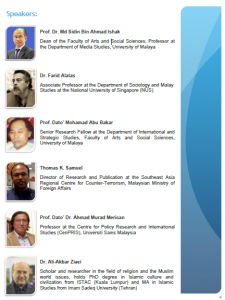
Organizers:
Department of Media Studies, UM
Asia West East Centre(Asia WE)
Dates:
17 March 2016 1
